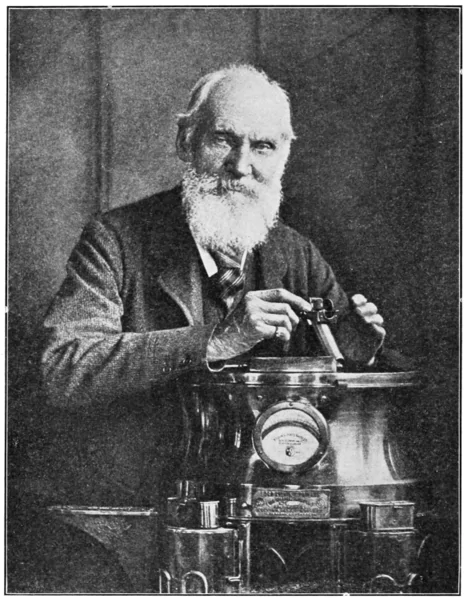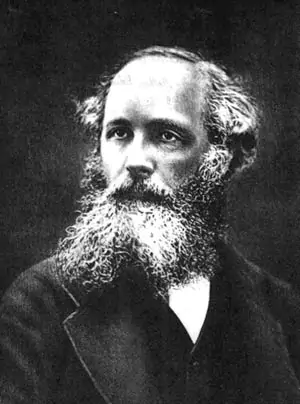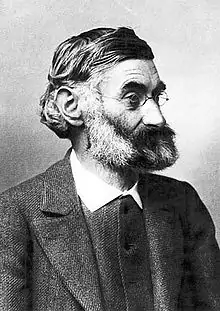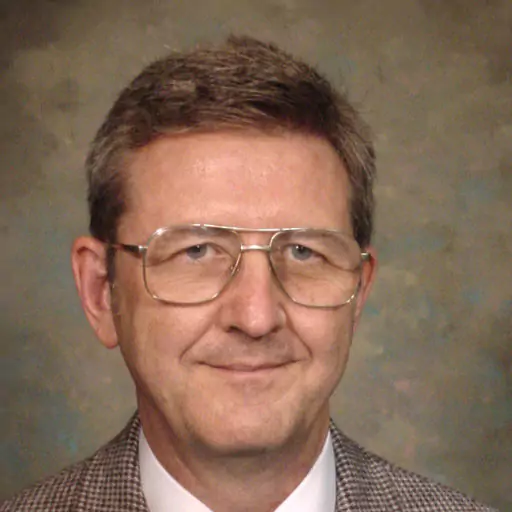James Bevan Bryan
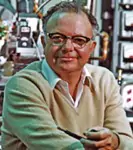
The Bryan Principle: "A straightness measuring system should be in line with the functional point at which straightness is measured. If this is not possible,
either the slideways that transfer the measurement must be free of angular motion or angular motion data must be used to calculate the
consequences of the offset" [James Bevan Bryan, 1979]
Determinism:
"The basic idea is that automatic machine tools and measuring machines are perfectly repeatable
just like the stars. They obey cause and effect relationships that are within our ability to understand and
affordably control. There is nothing random or probabilistic about their behavior. Everything happens for a
reason. The list of reasons is small enough to manage by common sense, good metrology, and a reasonable
investment of resources" [James Bevan Bryan, 1993]
Simple is Better:
"That exotic methods should be the last resort and that the simplest possible solution is the best in the long run" [James Bevan Bryan, 1993]
